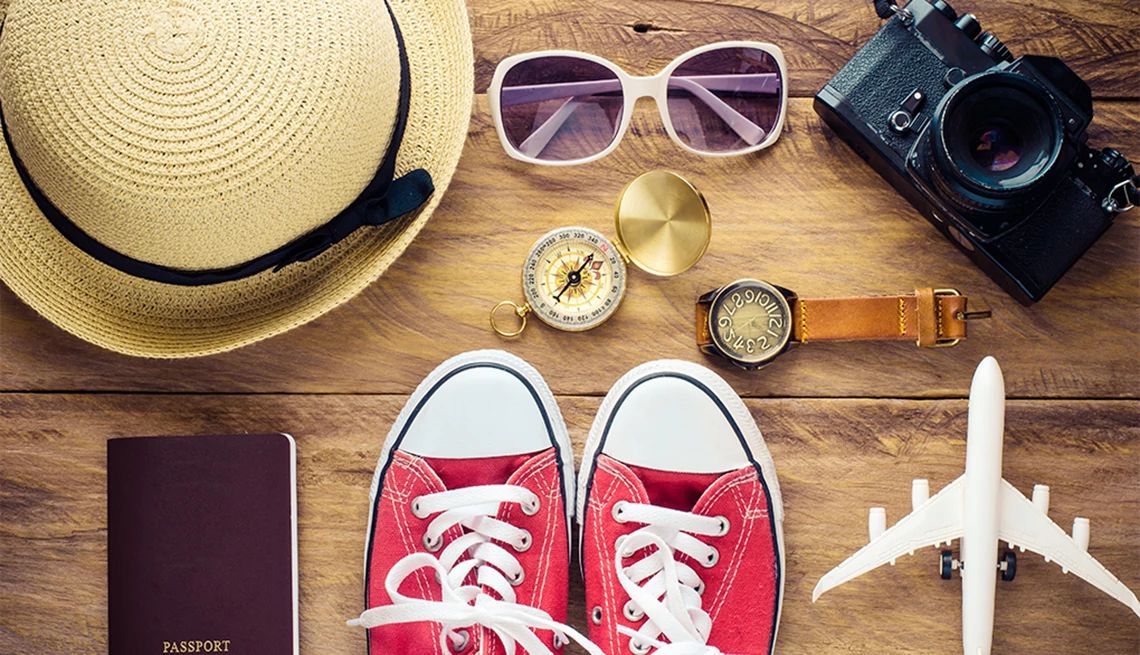Challenges


TSA should stand for “totally stressed and aggravated.” If you’ve ever stood in a 45-minute airport security line, surrounded by cranky travelers, you’ve probably thought: Forget the vacation. I should’ve stayed at home.
But are staycations less stressful than vacations? Consider the pros and cons.
Staycations
The upsides: The stresses of travel don’t exist in your home. There’s no metal detector at your front door, and your easy chair is way roomier than an airline seat in coach. Plus, even the simplest vacation requires research, booking, packing and planning. Managing those details — and figuring out an unfamiliar locale once you arrive — can be exhausting. In YouGov’s 2025 “Booking Burnout” report, 70 percent of survey respondents found at least one part of the booking process to be stressful, with airport transfers topping the list at No. 1.
Then there’s the cost. Money is the second-leading cause of stress for most Americans, according to the American Psychological Association’s 2024 “Stress in America” report, and we spend close to $3,000 per household on summer vacations. By staying home, you can enjoy low-cost activities — the kind you rarely have time for — from reading a novel to exploring local trails or museums.
The downsides: You may sacrifice brain-boosting novelty and excitement. People feel less inhibited on vacation: Fifty-two percent said they had the best sex of their lives on vacation, according to a 2024 survey conducted by Talker Research. Sex increases the flow of nutrient-rich, oxygenated blood to your brain, so vacation sex is good for your mood and your mind.
Plus, leaving home means leaving your comfort zone, and challenging yourself to learn new things and have new experiences is one of the pillars of brain health, says Adam Gazzaley, a neuroscientist at the University of California, San Francisco. So if you opt for a staycation, break your routine. “Maybe stay overnight in a new neighborhood or try a different dish at a familiar restaurant,” suggests travel expert Lisa Niver, author of Brave-ish: One Breakup, Six Continents, and Feeling Fearless After Fifty.
Another risk of staying home? You may overfocus on household projects or struggle to disconnect from work. That’s important to consider, because disengaging from your job is good for your health.














More From Staying Sharp
6 Healthy Habits That Can Help Support Brain Health
Your lifestyle choices could have an effect on your brain’s healthVisualize Your Goal
Try meditating on your success